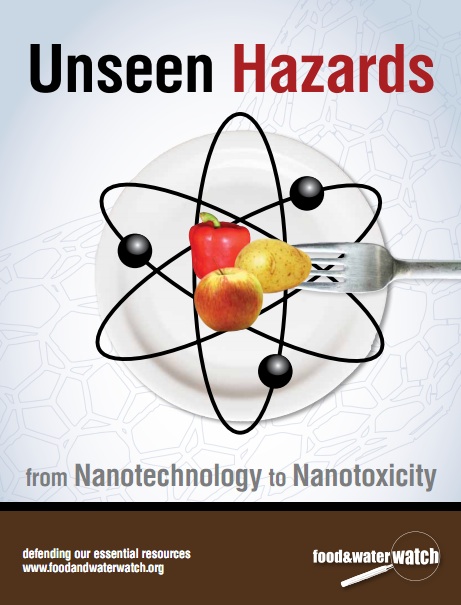Statement of Food & Water Europe Executive Director Wenonah Hauter
BRUSSELS – “The Forum for the Future of Agriculture is resuscitating old platitudes about future promises, instead of committing to deploying proven conventional technologies and knowledge to fight hunger.
“Organizations like Forum-host Syngenta are in the business of business, not of feeding people. Global hunger is a political problem that is not caused by too little food but by too little money, access and political will. Syngenta should push for real solutions – improving food access, reducing food inequality, cutting waste, and upgrading food distribution. Instead, Syngenta advances agrochemical-dependent strategies that result in products like the company’s pesticide Atrazine, which a recent University of California, Berkeley study found turned male frogs into females.
“The revolving door between key European regulators and Syngenta further illustrates the company’s tarnished environmental record. Recently, Syngenta hired the former leader of the European Food Safety Authority’s (EFSA) biotechnology panel, Suzy Renckens, only weeks after she left her public post. The switch was well within the two-year limit that legally should have required EFSA approval. In addition to lacking EFSA sanction, she promised she would not be dealing with EFSA biotechnology approvals personally in her new post. Neither EFSA nor the European Commission, whom it advises, raised any concerns about this questionable hiring decision. One wonders if the European Commission and EFSA can navigate the future course for agriculture when they cannot identify the seemingly obvious conflict introduced by such close relationships between the regulators and the regulated.
“We need to make a break from the kind of profit-driven processed food culture, industrial monoculture and outdated technofixes like GM that have reduced biodiversity and impoverished small and medium sized farmers around the world. Looking at the speakers at the Forum, it seems we have a long way to go. We look forward to being proved wrong.”
Food & Water Europe is a program of Food & Water Watch, Inc., a non-profit consumer NGO based in Washington, DC, working to ensure clean water and safe food in Europe and around the world. We challenge the corporate control and abuse of our food and water resources by empowering people to take action and transforming the public consciousness about what we eat and drink.
Contact:
Gabriella Zanzanaini, Food and Water Europe, Brussels
[email protected], +32488409662



